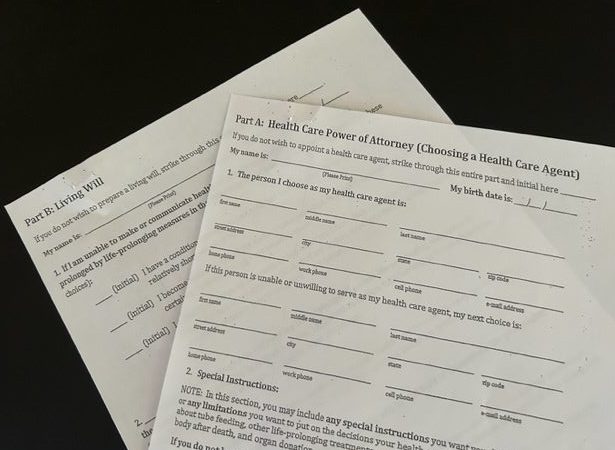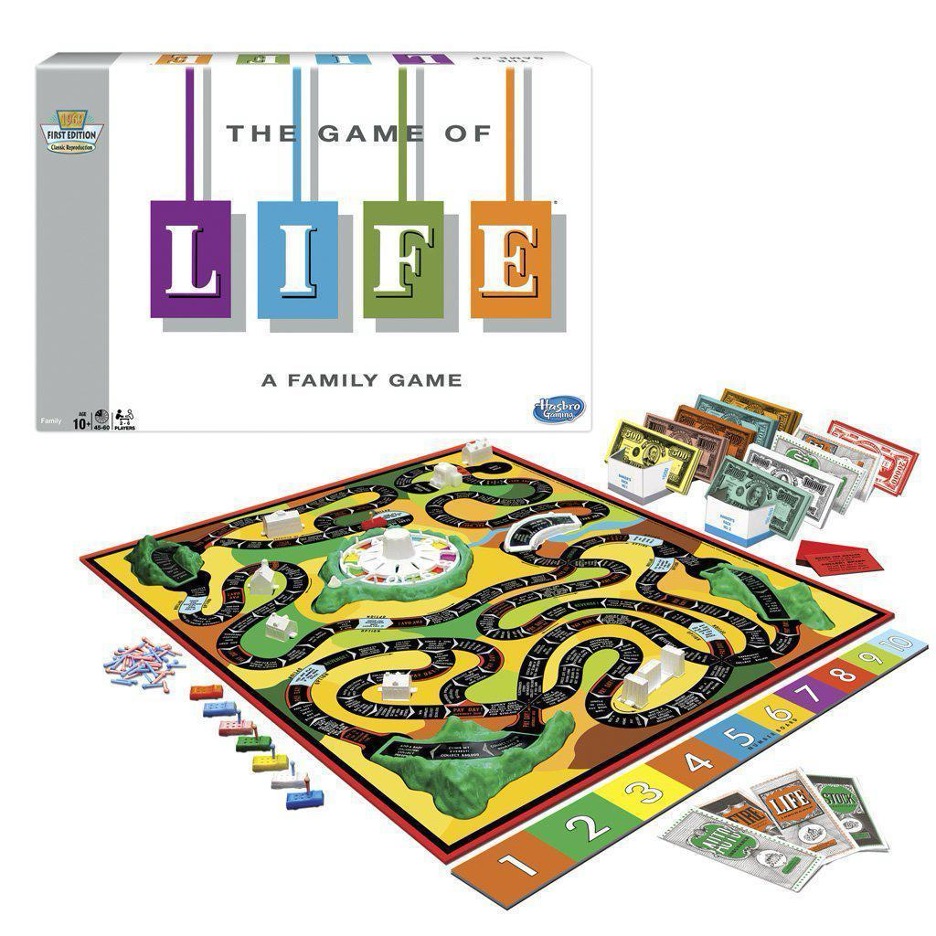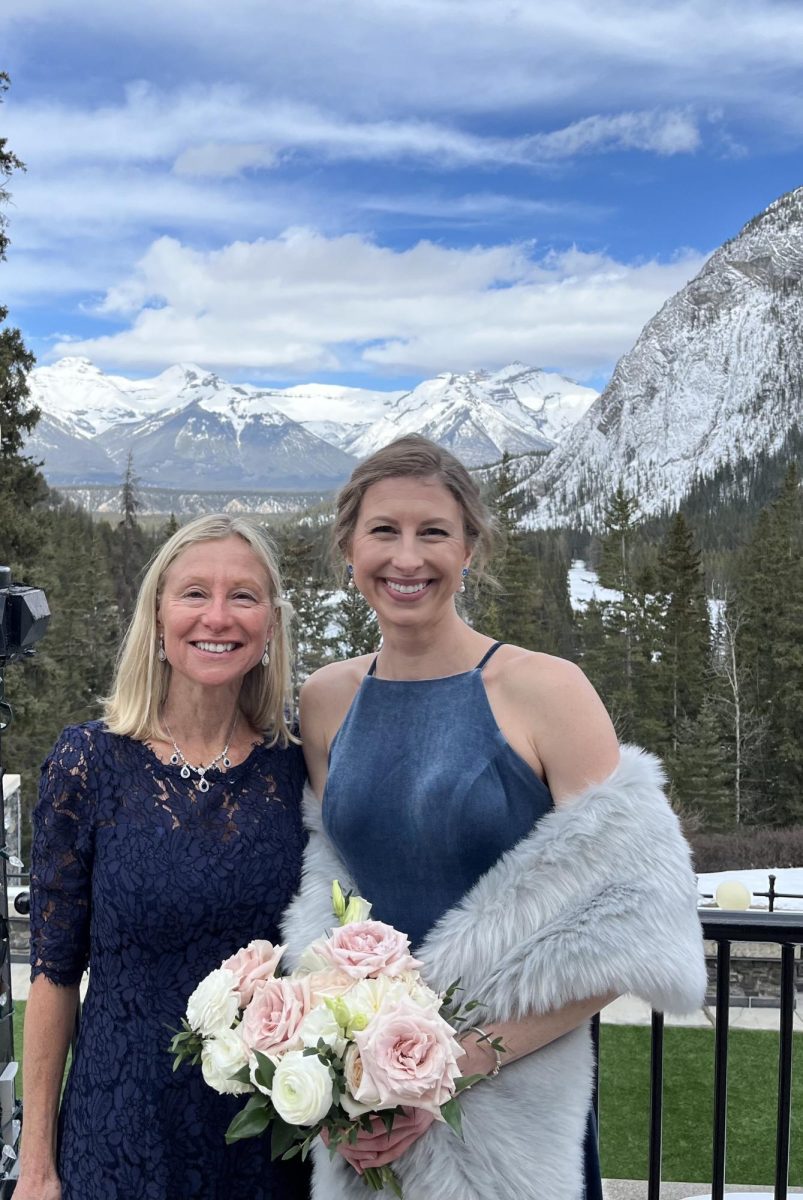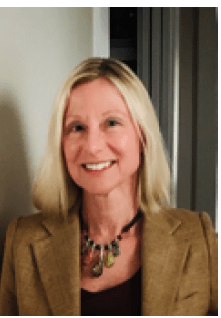Let’s say you had a terminal illness, and the doctor said that a certain operation or new round of chemotherapy could extend your life. You might say, “Great, let’s do it!” But what if, upon further inquiry, you learned that your life would probably be extended only a few months (not years, as you had imagined!), that the operation could leave you paralyzed, or that the chemo would make you sick and debilitated? Your reaction might be very different.
Being Mortal, a 2009 book by surgeon Atul Gawande, delves into these very questions and more. UNCW’s Osher Lifelong Learning Institute held an evening discussion about the book last month, and the response by the 50 and older crowd was overwhelming. The Director of UNCW’s Center for Death Education provided questions for reflection, and several gerontology students facilitated the conversation at each table.
While many in my group (including myself) had living wills that spelled out what medical treatments we would want or not want to keep us alive, few had spoken to their adult children or doctors about their preferences. Moreover, living wills are a starting point and don’t generally get into the nuances in functional ability that might be acceptable or unacceptable as we become frailer and more dependent. The students at our table were more focused on all they hoped to achieve before dying while we seniors talked about not suffering, not being a burden to our children, having more time with family and friends, and enjoying everyday pleasures.
Gawande shares several stories, including that of his father, who developed a tumor in his spinal cord, to illustrate the importance of having conversations with loved ones to learn what’s important to them. He argues against the medical establishment’s tendency to treat disease at all costs. “People with serious illness have priorities besides simply prolonging their lives,” he writes. “Rather than ensuring health and survival, we need to enable well-being.”
The timing for me was fortuitous. My husband and I had been helping my 92-year-old mother move into an independent living facility, something she had initiated. She would have her own apartment but receive three meals a day, some light cleaning, and, most importantly (at least to me), there would be people looking out for her. One of Gawande’s findings, however, was that while the safety of such facilities satisfies family members, it generally isn’t the residents’ main priority. They still want their independence, their privacy, and a place that “feels like home.” And they want to “keep shaping the story of their life in the world.”
My mother uses a rollator or cane because of her arthritis, but she still drives, cooks many of her meals, irons her sheets, serves on the church altar guild, and attends weekly happy hours with her old neighbors. Sometimes I tell her to slow down, but I also see how these things give her life meaning and purpose. And I like to imagine I would be just as active if I live that long.
Gawande also advocates for shared decision-making in medicine—saying that the ideal modern doctor should be neither paternalistic (dictating what the patient should do) nor informative (leaving the decision solely up to the patient) but interpretive, helping patients to determine and achieve their priorities, even if it means a shorter life. Those in palliative care know that reassessment is crucial. Accepting one’s mortality is a process that takes more than one conversation.
One drawback of the book is that it does not address people with dementia, which is becoming more common the longer we live. You can’t have a serious conversation with someone who is not fully present and aware of their situation. Although our priorities may change as we age, having such conversations while we are younger and healthier still gives us control over how our last days unfold. Some may think it’s morbid to talk about death, but knowing what your loved ones desired ahead of time removes the guilt often associated with having to make difficult end-of-life decisions for them.
My mother-in-law (Grammie) died at the age of 87 over twenty years ago. She lived alone in a small senior apartment around the corner from her oldest son. Although she never learned to drive, she volunteered at the local blind center and could play six bingo cards simultaneously without missing a beat. We drove from northern Virginia to Boston to visit for a week and noticed she could no longer walk very far without having to rest. On the last day of the trip, the extended family gathered at Nantasket Beach for a picnic. It was sunny but windy, and Grammie sat in a folding chair wrapped in a blanket, watching the festivities. I remember her laughing as her gray hair blew wildly in the wind. Within two days of our return home, she passed away. Maybe, we thought at the time, it was a mistake to take her to the beach on such a windy day! Her heart was too weak to tolerate the brisk weather! But in retrospect, being surrounded by family and laughter was the only medicine she would have wanted in the end.














Sadie Campbell • Nov 15, 2024 at 11:00 am
Yes, however difficult it is to talk about end of life choices, it’s very best to do so.
My husband and I both have wills and, recently, pre-planned our funerals with the guidance of a funeral home; this way, there’ll be no guesswork as to what our spouse’s wishes are. Sadie